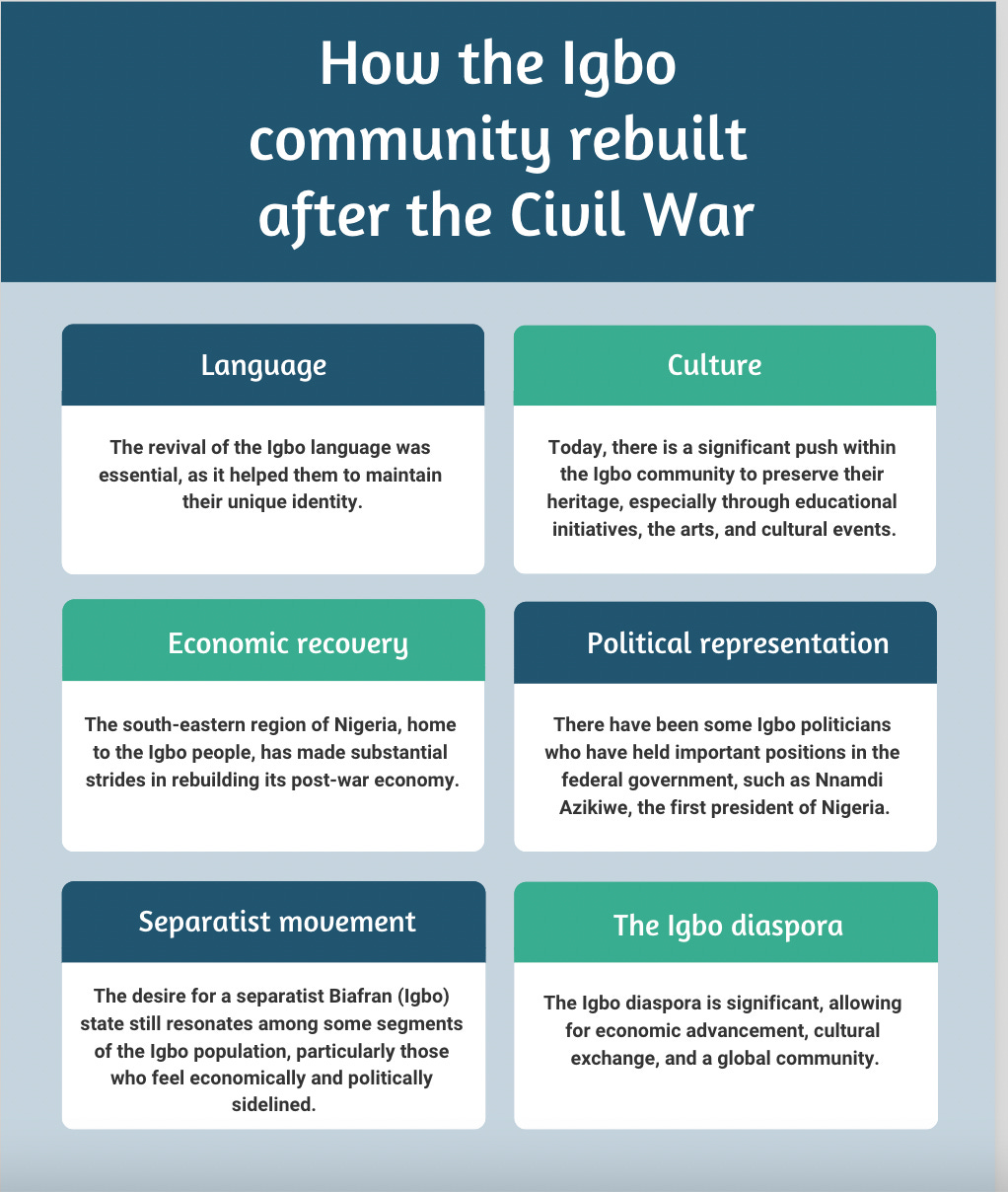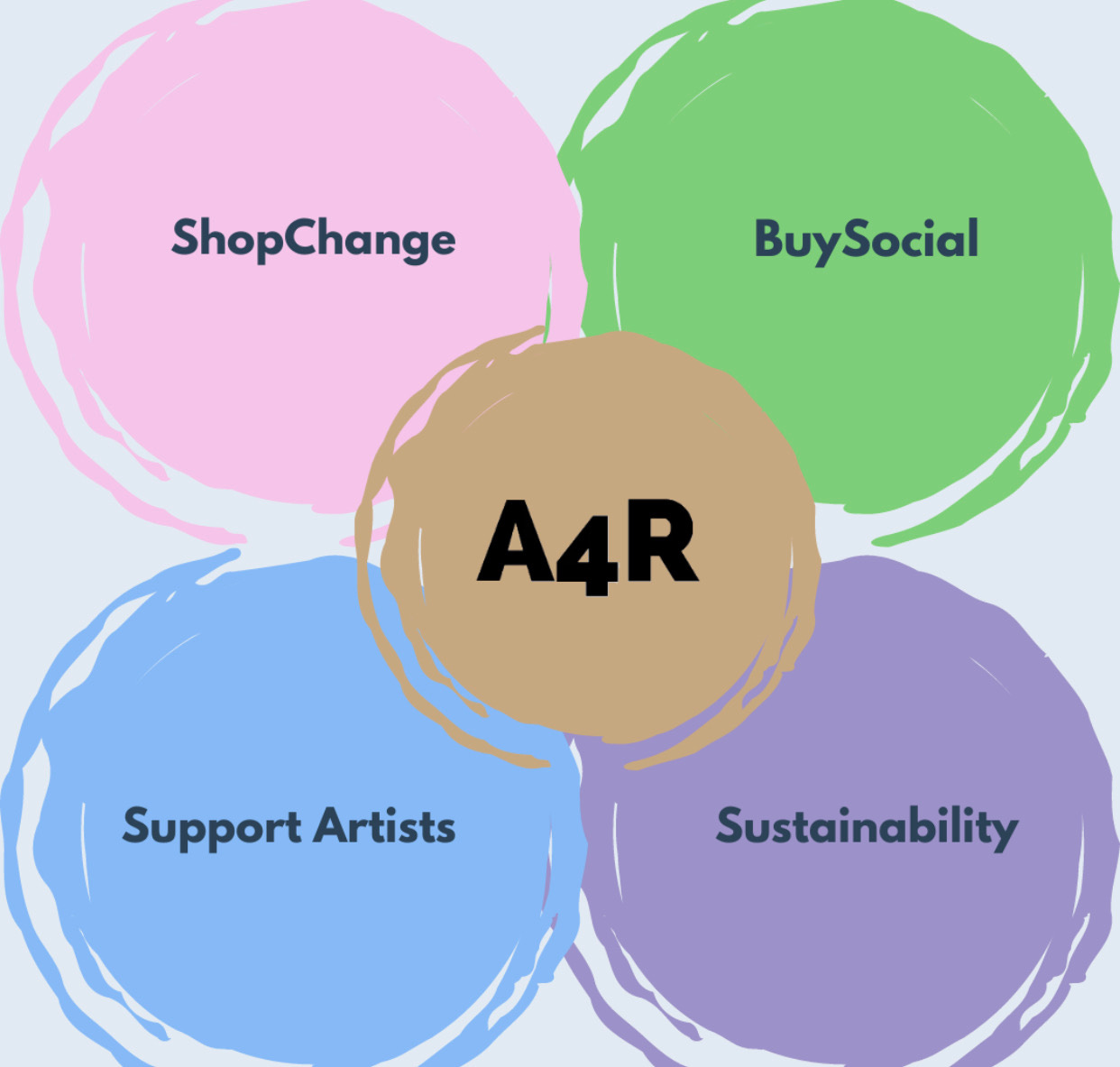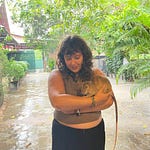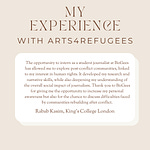How the Igbo people of Nigeria are recovering from the trauma of the civil war and facing ongoing political tensions.
The Nigerian Civil War (1967–1970) was a civil war fought between the state of Nigeria and the Republic of Biafra, a state made up primarily of Igbo people which declared its independence from Nigeria in 1967, and was re-integrated in 1970. The Igbo people of Nigeria were at the heart of this war and have since been engaged in a long and complex process of recovery from the trauma that this war brought about. This process continues to unfold, and it involves cultural, economic, political, and social dimensions. The Igbo community continue to face significant challenges, both in terms of healing from the legacy of the war and in navigating ongoing political tensions in Nigeria.
The trauma of the Nigerian Civil War was profound for the Igbo people. The war resulted in an estimated one to three million deaths, many from starvation, and displaced thousands of people. Along with the legacy of deep emotional scars, the Igbo community was also devastated by the destruction of infrastructure, villages, and industries in their native south-eastern region. Furthermore, millions of Igbo civilians became refugees during the war. Many fled to other regions of Nigeria, while others crossed into neighbouring countries such as Cameroon and the Republic of Congo (Brazzaville), seeking safety. The displaced populations were largely comprised of women, children, and the elderly, as many men were conscripted into the Biafran military or fought to defend their homes.
Psychological and Social Healing
In the decades following the war, efforts to heal this trauma have included cultural resilience, as the Igbo people have prioritised the preservation and revitalisation of their cultural practices, traditions, and identity. This includes the promotion of Igbo language, arts, music, and religious practices, which serve as pillars for emotional and social recovery, especially important given that esteem and identity are key human needs. There is also a Biafra Remembrance Day, which encourages Nigerians to honour those who died in the war and to maintain awareness of the struggles still faced by the Igbo people, thus helping to foster a sense of unity among the Igbo diaspora and in Nigeria itself.
However, there has been no official recognition by the Nigerian government of the genocidal nature of its treatment of the Igbo people, which is seen as a potentially significant impairment to the improvement of post-war relations between the Igbo people and the rest of Nigeria. There is a need in the Igbo community for an acknowledgement of the suffering and the sacrifices made by the Igbo during the war, and for the state to provide justice and reparations in some form, whether through memorials, truth commissions, or public apologies. The war is still a point of contention in Nigerian politics, but for the Igbo, it remains a deeply personal issue of collective memory.
Economic Recovery
The south-eastern region of Nigeria, home to the Igbo, has made substantial strides in rebuilding its post-war economy. However, the war's economic toll was severe, with many Igbo businesses, farms, and industries destroyed. Since the end of the conflict, the Igbo have become known for their entrepreneurial spirit, contributing significantly to Nigeria's commerce and trade.
For example, the Igbo people are known for their entrepreneurial success, and have flourished in areas such as trade, manufacturing, and commerce, both within Nigeria and internationally. Cities like Onitsha, Aba, and Nnewi are hubs of industry and trade. Moreover, remittances sent home by Igbo people who have migrated to countries such as the United States and South Africa play an important role in the economic recovery of this community.
However, the region still faces infrastructural challenges, especially in terms of roads, power supply, and industrial growth. Many of these issues stem from the decades-long marginalization of the south-eastern region by successive Nigerian governments, which has unfortunately slowed down the pace of recovery.
Political Tensions
The Igbo’s political situation in Nigeria has been shaped by a sense of marginalisation and exclusion, both before and after the civil war. Indeed, the creation of Biafra in the late 1960s, which sparked the Civil war, was partly a response to the political exclusion and discrimination that they suffered under the military regimes that followed independence from the British. Although Igbo politicians have since held positions in the federal government, the Igbo region is still being politically side-lined, and this political marginalization is exacerbated by the concentration of political power in the northern and southwestern regions.
Furthermore, the legacy of Biafra remains politically relevant, with movements like the Indigenous People of Biafra (IPOB), led by Nnamdi Kanu, calling for a separatist agenda. These movements reflect frustrations with the Nigerian state, particularly over issues such as resource control, political representation, and the failure to fully implement federal reforms. The Nigerian government's response to these movements has often been repressive, leading to tensions between the Igbo people and the state. This has resulted in clashes, arrests, and military operations in the south-eastern region, further fuelling tensions. Indeed, Nigeria is a deeply multi-ethnic and multi-religious country, and the Igbo people continue to be at odds with the dominance of the Hausa-Fulani and Yoruba groups in the country’s political life. Their status in the broader Nigerian landscape is influenced by issues like ethnic rivalry, competition for resources, and regional autonomy.
Ongoing Struggles for Political and Economic Equality
The Igbo continue to advocate for a more equitable distribution of political power and resources in Nigeria. One of their key concerns is resource control, as many Igbo people believe that the central government in Nigeria has failed to properly address the region's needs, particularly in relation to economic development and infrastructure. A key point of political discourse is the calls for a more decentralised system of government, which would give greater autonomy to the regions.
There is also a strong desire for an Igbo president, as the Igbo are one of the major ethnic groups in Nigeria, and the southeast has been excluded from the presidency since the end of the civil war. The presidency has been a source of ethnic competition, with Igbo leaders arguing that the region’s lack of representation at the highest level of government is an ongoing form of political marginalisation. These political problems have been excacerbated by the significant insecurity Nigeria has experienced due to the activities of separatist groups and the increasing banditry and violence perpetrated by criminal gangs. This has added to the sense of vulnerability in the region and the feeling of being abandoned by the federal government.
Diaspora and Global Advocacy
The Igbo diaspora plays a crucial role in the political landscape of the region. Many Igbo people who live abroad are active in lobbying for the recognition of their political and economic rights in Nigeria. They have also contributed to the global awareness of the ongoing struggles in south-eastern Nigeria, often through advocacy campaigns, human rights initiatives, and media engagement, thus deepening the solidarity within the Igbo community.
In conclusion, the Igbo people have made significant strides in recovering from the trauma of the Nigerian Civil War, but the scars left by the conflict, coupled with ongoing political and economic challenges, continue to shape their experience. The community remains resilient and entrepreneurial, but it also continues to fight for greater political representation, economic development, and justice. The push for a more inclusive Nigerian state and the quest for an Igbo presidency are central to the future trajectory of the Igbo people within the broader Nigerian political landscape.
In this episode Simran discusses Nigeria and it’s post civil war issues. She is a student journalist with us on a placement organised with Oxford University Career Services. This article was edited using Lex.page.
Thank you for reading an A4R 🎨 Post. Don’t forget to visit our gift shop here. Every purchase scales our impact and pays our bills.














